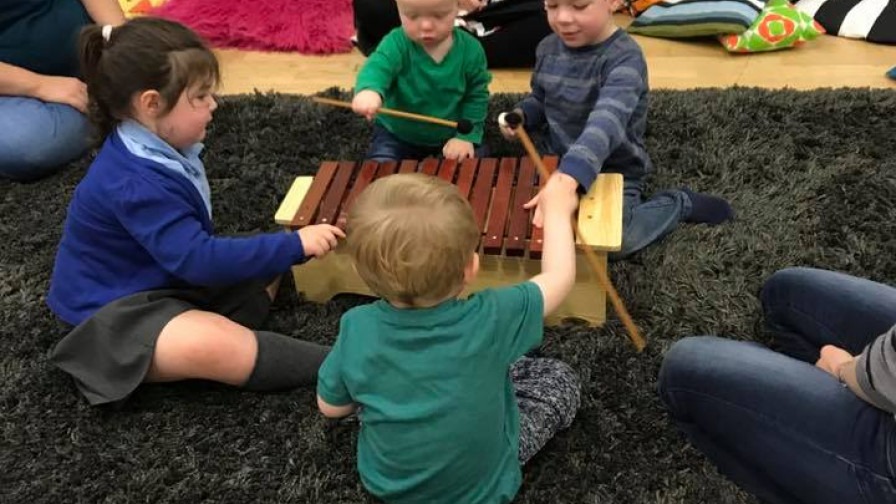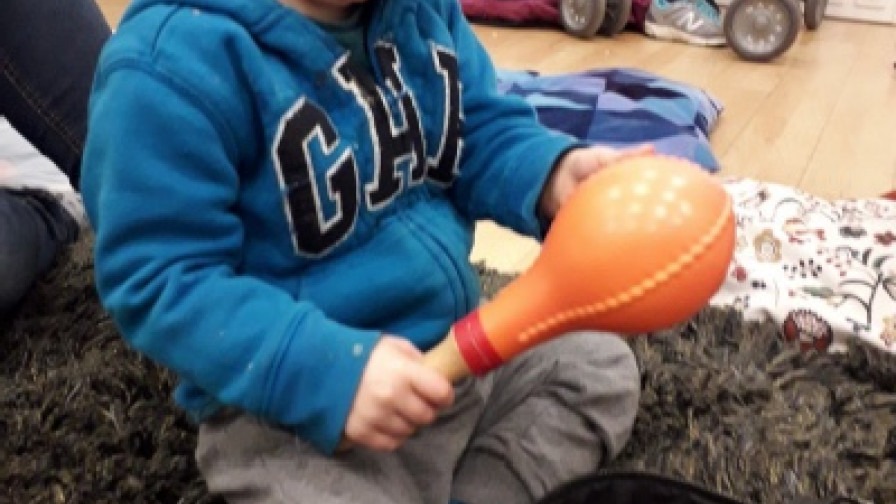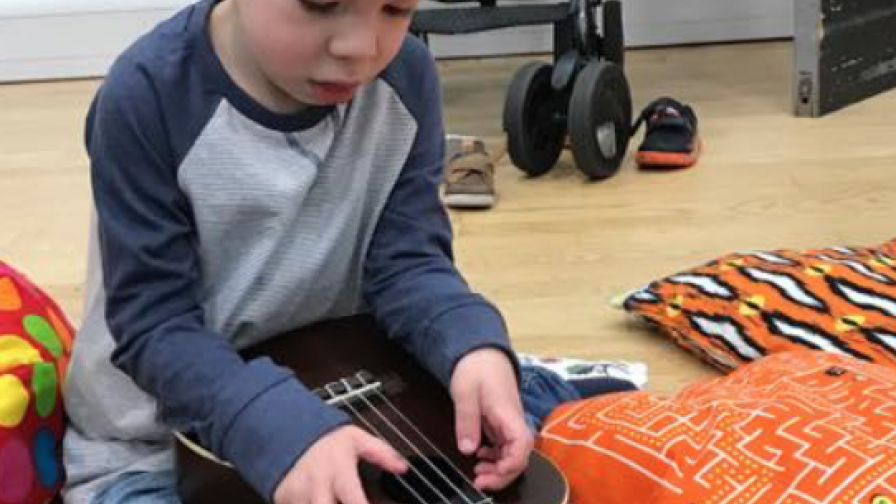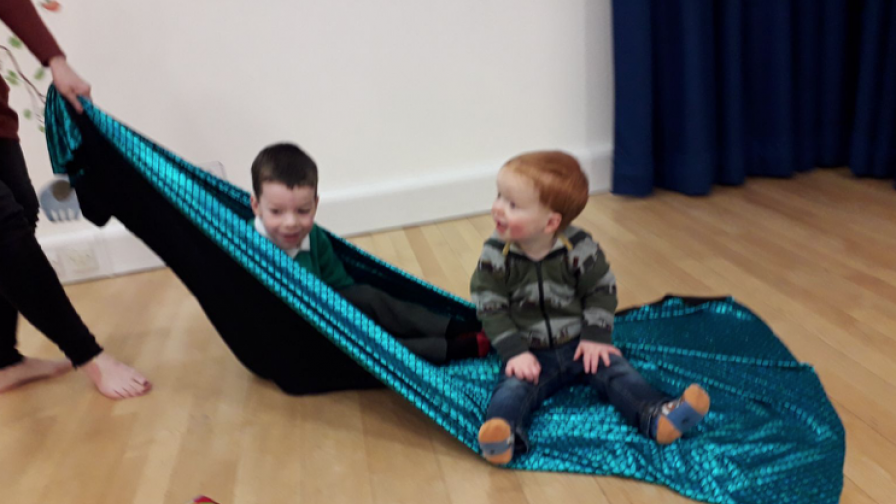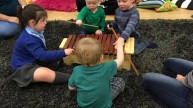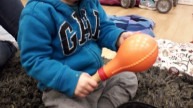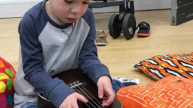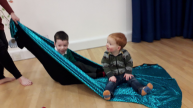Partnership Work in action
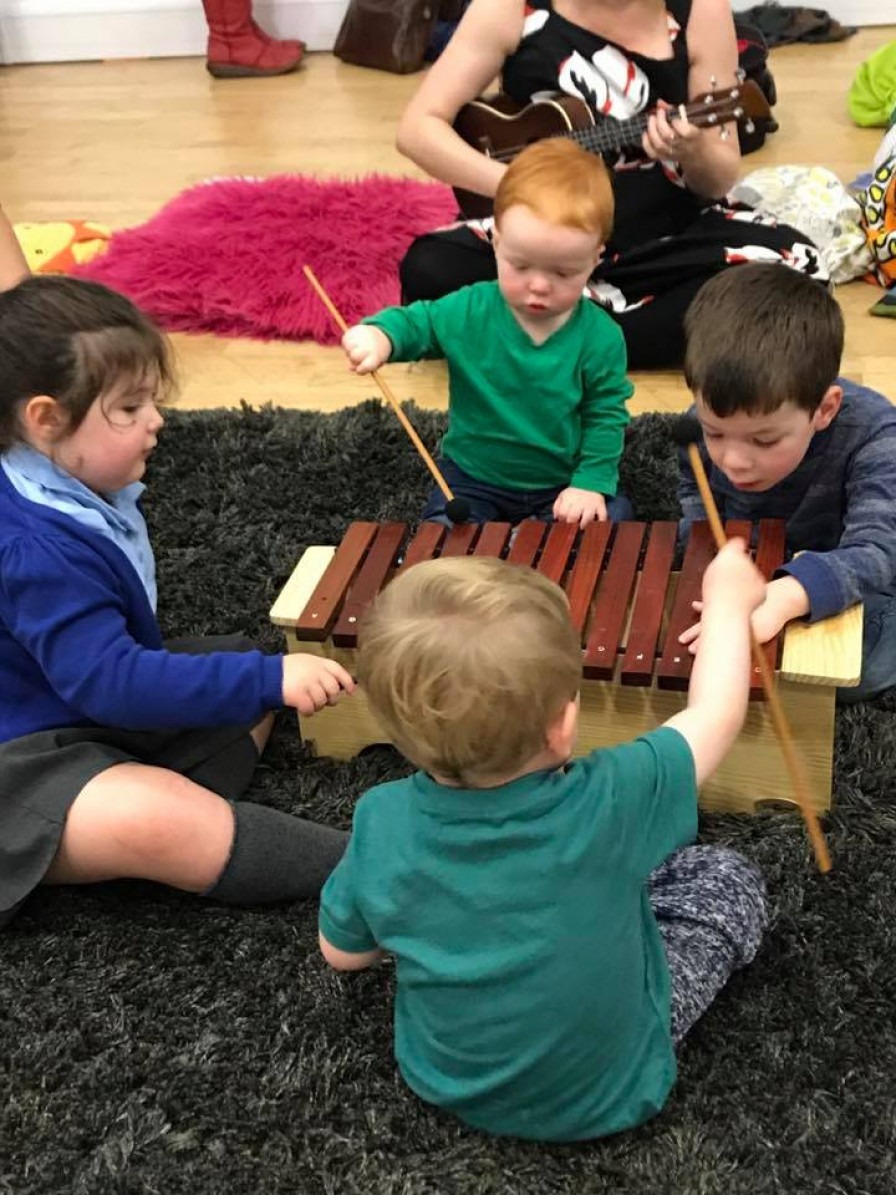
Partnership Work in action
Delivered at North East and Cumbria Child Health and Wellbeing event
Delivered by: Kerrie Highcock (Family Development Manager at NEAS)
Dr Helen Leonard (Great North Children’s Hospital)
Dawn Williams (Sage Gateshead)
The Purpose
- Numbers of referrals for autism assessments for pre school children increasing
- Limited access to post diagnostic support for child and family
2012 = 36 2013 = 48 2014 = 65 2015 = 78 2016 = 123 2017 = 137 2018 = 136
Feedback from Families
‘Speech & Language have been excellent but I've had not much contact with anyone else inc. health visitor’ ‘At first really good and lots of support, but then things kind of stagger off and there's nothing’ ‘Would have preferred busy bees [pre school support group] to have started soon after diagnosis’ ‘I am currently trying to source a group or support myself’ ‘People were nice but I still feel I am alone’ ‘I feel I was given a diagnosis and a pack then left to deal with it!’ ‘No support given at all despite reassurances this would happen. Useless.’ ‘I didn't feel enough support after the diagnosis to be honest. I spoke to preschool teacher who talked and gave support.’
“Our” Why
- Improved emotional support for parents
- Increased musical skills in parents
- Increased confidence in parents
- Decreased social isolation for parents and pre schoolers
- Improved developmental progress for pre schoolers
- Increased skills levels and confidence in music practitioners supporting autistic children
- Increased skill level and confidence in the use of music in autism practitioners
- Improved accessibility in cultural venues
- Strengthened strategy and partnerships across sectors
Why our partnership works
- Clear vision for work
- Clear purpose and understanding of why we need to do the work
- Equality among partnership – not competitive
- Equal balance of control
- Support comes from within partnership for each other
- Key stakeholders sit around the table
- Strong relationships and passion for the work
- Celebrates and welcomes different working styles, philosophies or work styles
- Clear understanding of roles and responsibilities
- No hidden agendas
- Clear Communication
- Reflective Practice at heart – we learn
Parental session outcomes
I want my child to:
- Be able to accept small changes
- To interact with others around me
- Relax and have fun
- Develop turn taking skills
Key ingredients of the group
- Continual shared work between all partners for referrals
- Autism practitioner and music practitioner work closely together in planning, observing, evaluating and delivering
- Willingness to learn between practitioners
- Practitioners knowledge compliments each other
- Practitioners core beliefs
- Flexibility to adapt
- Communication
- Small group sizes
- Environmental adjustments
- Judgement free environment
Parental Feedback
“The groups are so relaxed and friendly, its nice to meet other parents in the same place as me and also meet other autistic children”
“The groups have made a big difference to my child. They have started to play alongside other children and develop communication skills
Other useful information
- Gold C, Wigram T, Elefant C. Music therapy for autistic spectrum disorder. Cochrane Database Systematic Reviews 2006, CD004381
- Kim J, Wigram T, Gold C. The effects of improvisational music therapy on joint behaviours in autistic children: a randomized controlled study. Journal of Autism and Developmental Disorders 2008, 38:1758-1766.
- Gattino GS, Riesgo RDS, Longo D, Leite JCL, Faccini LS. Effects of relational music therapy on communication of children with autism: a randomized controlled study. Nordic Journal of Music Therapy 2011, 20:142-154.

